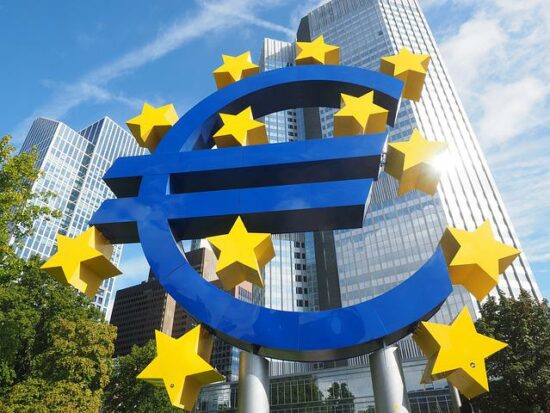Business activity in the Eurozone is growing.
Business activity in the Eurozone accelerated last month as the dominant blockchain industry benefited from a further easing of restrictions on the COVID-19 pandemic, offsetting a slowdown in output growth.
S&P Global’s final composite purchasing managers’ index, seen as a good measure of economic health, has grown up to 55.8 points in April from 54.9 points in March, in line with a preliminary estimate. Any level above 50 indicates increase.
“The Eurozone economy has shown surprising resilience in the face of the Ukraine-Russia war, thanks to an expansion of service sector activity as virus control measures were further eased in April,” said Chris Williamson, chief business economist at S&P Global.
With life returning to normal after the easing of COVID-19 constraints, optimism improved and the utility business expectations sub-index has grown up to 62.3 points from 60.8 points.
But firms are still facing rising costs and some of that burden has been passed on to consumers, so the composite producer price index has grown up to 68.5 points from 65.7 points, the highest ever since S&P Global began processing data at the end of 2002.
These data may influence the decision of the European Central Bank to tighten its monetary policy as inflation in the Eurozone was 7.5 percent last month, almost four times higher than the ECB’s 2-point target.





